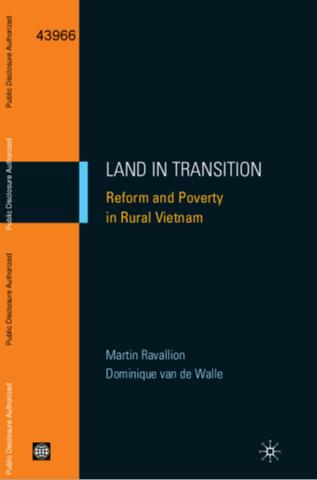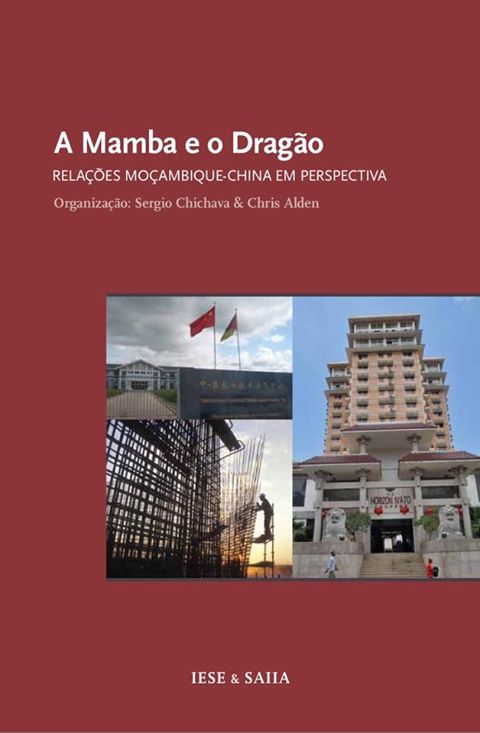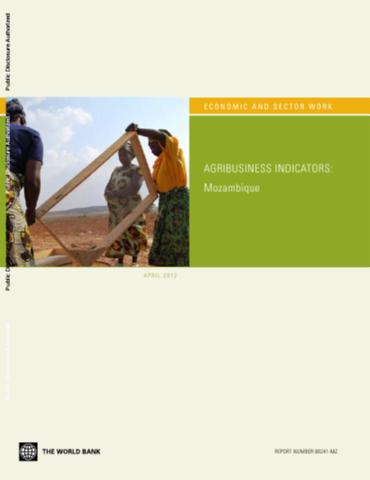How Does Vietnam's Accession to the World Trade Organization Change the Spatial Incidence of Poverty?
Trade policies can promote aggregate
efficiency, but the ensuing structural adjustments generally
create both winners and losers. From an incomes perspective,
trade liberalization can raise gross domestic product per
capita, but rates of emergence from poverty depend on
individual household characteristics of economic
participation and asset holding. To fully realize the growth
potential of trade, while limiting the risk of rising




